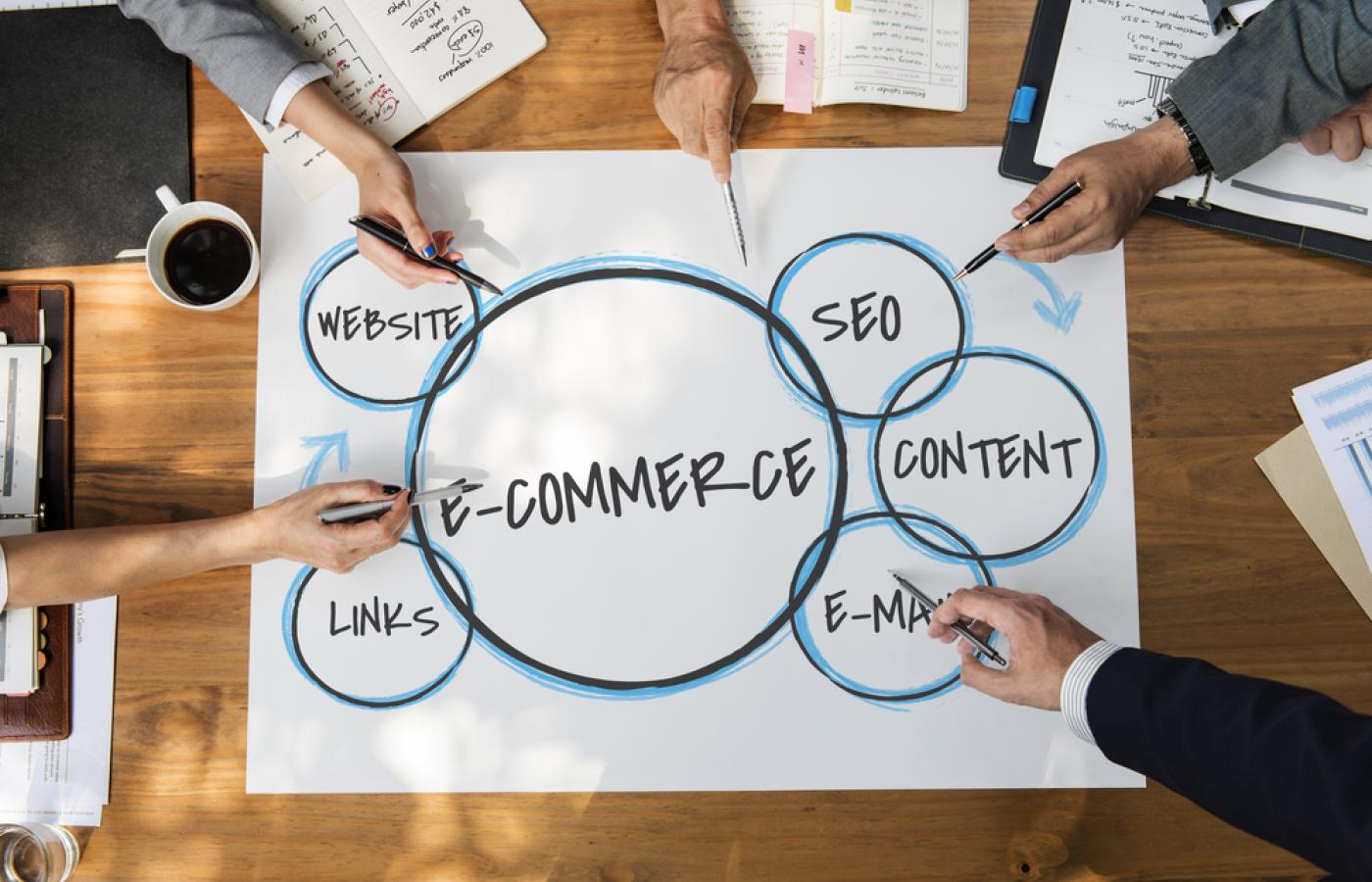
Navigating the Best E-Commerce Platforms in 2023
tl;dr
- The e-commerce industry is experiencing rapid growth, making the choice of the right platform crucial for businesses.
- Each e-commerce platform comes with its unique strengths such as user-friendliness, scalability, and multi-channel selling capabilities.
- There are also potential drawbacks to consider like transaction fees, complexity for beginners, additional costs for premium features, and the requirement of technical expertise for certain platforms.
- Some platforms are known for their design-centric approach while others focus more on robust e-commerce functionalities.
- Depending on the size and needs of the business, one platform may be more suitable than others.
In the bustling world of digital business, choosing the right e-commerce platform is crucial for businesses aiming for success. Whether you are launching a new business or taking your existing business online, the platform you choose can significantly affect your online presence and growth.
The Importance of E-Commerce Platforms
An e-commerce platform is the backbone of any online business. It not only hosts and presents your products or services but also manages your sales, inventory, and customer relations. Thus, choosing the right platform can significantly impact your business's ability to attract, engage, and retain customers.
Choosing the Right Platform
Several e-commerce platforms are popular among businesses, each with its unique strengths. For instance, Shopify is known for its ease of use and extensive customization options. BigCommerce, on the other hand, is favored for its built-in features and scalability.
There is no one-size-fits-all answer when it comes to choosing the right platform. The choice depends on multiple factors, including your business size, budget, technical abilities, and specific needs. Putting together a prioritized list of needs is a great way to start the process.
Pros and Cons
Here is a list of pros and cons for the top platforms:
-
Shopify1,2
Pros: Shopify stands out for its ease of use and the vast number of features it offers. This platform provides users with numerous customizable templates, making it easier to design an aesthetically pleasing online store. Additionally, its powerful SEO features enhance a site's visibility on search engines.
Cons: The platform charges transaction fees unless you use their payment gateway, Shopify Payments. Plus, the advanced features can be a bit pricey for small businesses. -
BigCommerce2,3,4
Pros: BigCommerce is known for its scalability and comprehensive built-in features. It supports multi-channel selling across various platforms like eBay, Amazon, and social media networks. It also offers excellent SEO capabilities.
Cons: The platform can be somewhat complex for beginners to navigate. Also, once a store reaches a certain annual sales threshold, it is automatically upgraded to the next pricing tier. -
WooCommerce1,5,6
Pros: As a WordPress plugin, WooCommerce provides the familiarity of the WordPress interface and is an ideal choice for content-heavy websites. It is open-source and highly customizable.
Cons: Requires a WordPress site to function, and there might be additional costs for premium WordPress themes and plugins. It could be complex for users without technical expertise. -
Magento2,5
Pros: Magento (now Adobe Commerce) is highly flexible and offers a range of customization options. It is designed to scale with your business, supporting large online stores.
Cons: Magento requires a higher level of technical expertise to set up and manage. Also, the cost of hosting and development can be high. -
Squarespace3,4
Pros: Squarespace excels in design and ease of use. It offers a range of sleek, modern templates and an intuitive drag-and-drop interface. It is also affordable.
Cons: The e-commerce functionality is not as robust as other dedicated e-commerce platforms. Also, there are limited payment gateway options.
Factors to Consider
When evaluating eCommerce platforms, consider these factors:
- Ease of use: A user-friendly interface can simplify the process of setting up and managing your online store.
- Features and capabilities: The platform should offer features that align with your business needs, such as inventory management, customer service tools, and integration with other systems.
- Scalability: Choose a platform that can accommodate your business growth over time.
Conclusion
Choosing the right e-commerce platform requires a careful evaluation of your business needs, goals, and resources. Asking the right questions and comparing the answers to a list of prioritized features is critical. If you need help finding right e-commerce platform for your business, putting together a list of priorities, or don't even know where to start, feel free to reach out to us.


